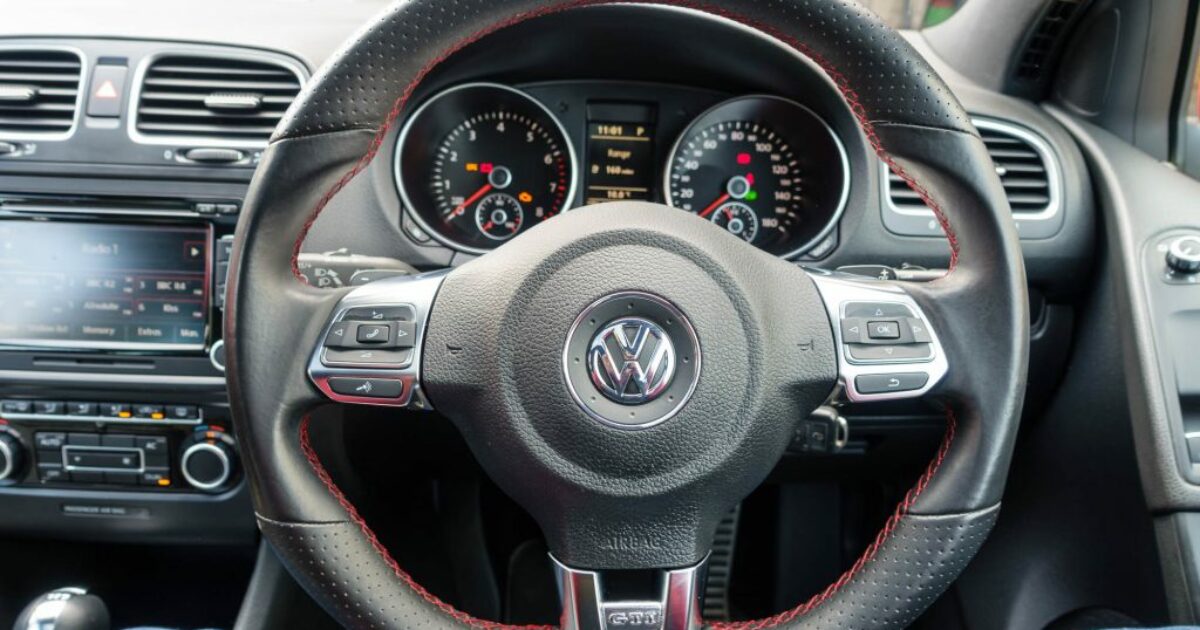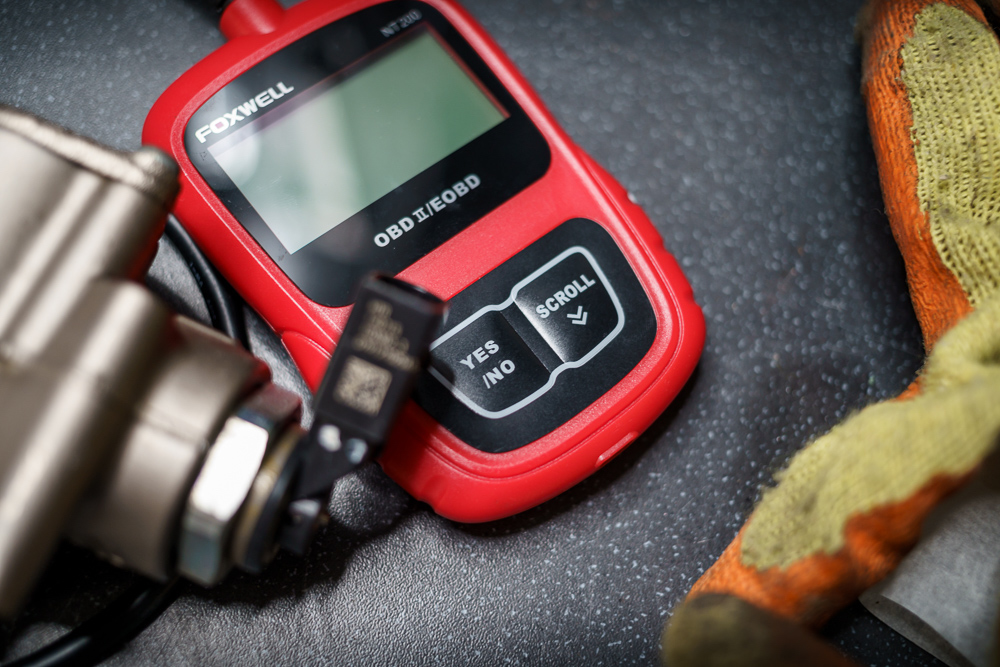EPC Light: Meaning & Safety? Everything You Need To Know
Hey there, buddy! Ever heard of EPC Light? If you're scratching your head wondering what it means or why it matters, you're not alone. EPC Light is more than just a term; it's a crucial part of modern energy efficiency and safety standards. So, buckle up because we're diving deep into the world of EPC Lights and why they're important for your home or business.
Before we get into the nitty-gritty, let me tell you something cool. EPC stands for Energy Performance Certificate, and the "Light" part refers to lighting systems that meet specific energy efficiency criteria. Think of it as a label that tells you how eco-friendly and cost-effective your lighting is. Pretty neat, huh?
Now, if you're thinking, "Why should I care?" let me break it down for you. Understanding EPC Lights isn't just about saving the planet—it's also about saving money. Energy-efficient lighting can slash your electricity bills and make your space safer. So, whether you're a homeowner, landlord, or business owner, this is something worth paying attention to.
Read also:Teresa Giudice The Queen Of Reality Tv And Entrepreneurship
What Exactly Is EPC Light?
Alright, let's start with the basics. EPC Light is all about lighting that meets the standards set by the Energy Performance Certificate. This certificate rates buildings based on their energy efficiency, and lighting plays a huge role in that rating. The goal? To reduce energy consumption and promote sustainable practices.
Here's the deal: traditional lighting systems, like incandescent bulbs, eat up a ton of energy and produce a lot of heat. Not only is that bad for the environment, but it also burns a hole in your wallet. EPC Lights, on the other hand, are designed to be energy-efficient, long-lasting, and safe.
So, what makes EPC Lights different? Let's take a look:
- Energy-efficient technology like LED or CFL bulbs
- Lower energy consumption compared to traditional lighting
- Longer lifespan, meaning fewer replacements and less waste
- Reduced heat output for better comfort and safety
Why Should You Care About EPC Lights?
Here's the thing: energy efficiency isn't just a buzzword. It's a necessity in today's world. EPC Lights are a practical way to reduce your carbon footprint and save money at the same time. Plus, they're required by law in many countries for new buildings or major renovations. So, it's not just about being eco-friendly—it's also about staying compliant.
Another perk? Improved safety. Energy-efficient lighting systems are less likely to overheat, reducing the risk of electrical fires. That's peace of mind right there.
EPC Light Meaning: Breaking It Down
Let's dive deeper into what EPC Light really means. When we talk about EPC Lights, we're referring to lighting systems that meet the standards outlined in an Energy Performance Certificate. These standards vary depending on the country, but they generally focus on:
Read also:Why The University Of Arizona Stands Out In Academia And Beyond
- Energy consumption per square meter
- Light output efficiency
- Environmental impact
- Safety and reliability
For example, in the UK, buildings are rated on a scale from A (most efficient) to G (least efficient). Lighting plays a significant role in determining the overall rating. So, if you're aiming for an A or B rating, you'll need to invest in high-quality, energy-efficient lighting solutions.
How EPC Lights Affect Your Energy Bill
Ready for some good news? Switching to EPC Lights can significantly reduce your energy bills. Here's how:
- LED bulbs use up to 80% less energy than traditional incandescent bulbs
- They last up to 25 times longer, meaning fewer replacements
- Lower energy consumption translates to lower electricity bills
Let's say you replace 10 incandescent bulbs with LED bulbs in your home. On average, you could save around $50 per year on your electricity bill. Multiply that by a few years, and you're looking at some serious savings.
EPC Light Safety: What You Need to Know
Safety is a top priority when it comes to lighting systems. EPC Lights are designed with safety in mind, ensuring that they meet strict standards for electrical performance and fire prevention. Here's why they're safer:
- Lower heat output reduces the risk of overheating
- Advanced technology minimizes the chance of electrical faults
- Compliance with international safety standards
Imagine this: you're leaving the house for a few hours, and you accidentally leave a light on. With traditional lighting, that could be a fire hazard. But with EPC Lights, you can rest easy knowing that they're designed to handle such situations without compromising safety.
Common Myths About EPC Lights
There are a few myths floating around about EPC Lights that we need to clear up. Let's tackle them one by one:
- Myth: EPC Lights are too expensive – Fact: While the upfront cost may be higher, the long-term savings on energy bills make them a worthwhile investment.
- Myth: They don't produce enough light – Fact: Modern LED and CFL bulbs provide the same level of brightness as traditional bulbs but with far less energy consumption.
- Myth: They're hard to install – Fact: Most EPC Lights are designed to be compatible with existing fixtures, making installation a breeze.
Choosing the Right EPC Light for Your Needs
Now that you know the importance of EPC Lights, let's talk about how to choose the right ones for your space. Here are a few things to consider:
- Bulb type: LED, CFL, or halogen?
- Lumens: How bright do you need your lighting to be?
- Color temperature: Warm white or cool white?
- Compatibility: Will they fit your existing fixtures?
For example, if you're looking to light up a large office space, you might want to go with high-lumen LED bulbs that provide bright, even lighting. On the other hand, if you're designing a cozy living room, warm white CFL bulbs might be a better choice.
Installing EPC Lights: A Step-by-Step Guide
Installing EPC Lights is easier than you might think. Here's a quick guide to help you get started:
- Turn off the power at the main switch
- Remove the old bulb or fixture
- Install the new EPC Light according to the manufacturer's instructions
- Test the new lighting to ensure it's working properly
Remember, if you're not comfortable doing it yourself, it's always a good idea to hire a licensed electrician. Safety first, folks!
The Benefits of EPC Lights
Let's recap some of the key benefits of EPC Lights:
- Energy savings
- Longer lifespan
- Improved safety
- Environmental benefits
- Increased property value
When you invest in EPC Lights, you're not just improving your lighting system—you're also adding value to your property. In today's market, energy efficiency is a major selling point for buyers and tenants alike.
Case Studies: Real-World Examples of EPC Lights in Action
Want to see EPC Lights in action? Let's take a look at a few real-world examples:
- A UK-based office building reduced its energy consumption by 40% after switching to EPC Lights
- A residential complex in Germany cut its annual electricity bill by $10,000 using energy-efficient lighting
- A shopping mall in the US improved its safety rating by upgrading to LED lighting systems
These examples show that EPC Lights aren't just a theoretical concept—they're making a real difference in people's lives and businesses.
EPC Light Regulations and Compliance
It's important to understand the regulations surrounding EPC Lights, especially if you're a property owner or landlord. In many countries, buildings are required to have an Energy Performance Certificate, and lighting is a key component of that certificate. Failure to comply can result in fines or legal issues.
Here are a few tips to ensure compliance:
- Consult with a certified energy assessor
- Upgrade to energy-efficient lighting systems
- Keep records of all lighting installations and replacements
By staying on top of regulations, you'll avoid unnecessary headaches and ensure that your property meets all legal requirements.
Future Trends in EPC Lights
What's next for EPC Lights? The future looks bright (pun intended). Here are a few trends to watch out for:
- Smart lighting systems that can be controlled via smartphone apps
- Integration with renewable energy sources like solar panels
- Advancements in LED technology for even greater efficiency
As technology continues to evolve, we can expect EPC Lights to become even more advanced and user-friendly. Exciting times ahead!
Conclusion: Take Action Today
So, there you have it—everything you need to know about EPC Lights. From their meaning and benefits to safety and compliance, we've covered it all. Now it's your turn to take action. Whether you're upgrading your home or business, switching to EPC Lights is a smart move that will save you money and help protect the planet.
Don't forget to share this article with your friends and family. The more people know about EPC Lights, the better for all of us. And if you have any questions or comments, feel free to drop them below. Let's keep the conversation going!
Table of Contents:
- What Exactly Is EPC Light?
- Why Should You Care About EPC Lights?
- EPC Light Meaning: Breaking It Down
- How EPC Lights Affect Your Energy Bill
- EPC Light Safety: What You Need to Know
- Common Myths About EPC Lights
- Choosing the Right EPC Light for Your Needs
- Installing EPC Lights: A Step-by-Step Guide
- The Benefits of EPC Lights
- Case Studies: Real-World Examples of EPC Lights in Action
- EPC Light Regulations and Compliance
- Future Trends in EPC Lights
Article Recommendations


